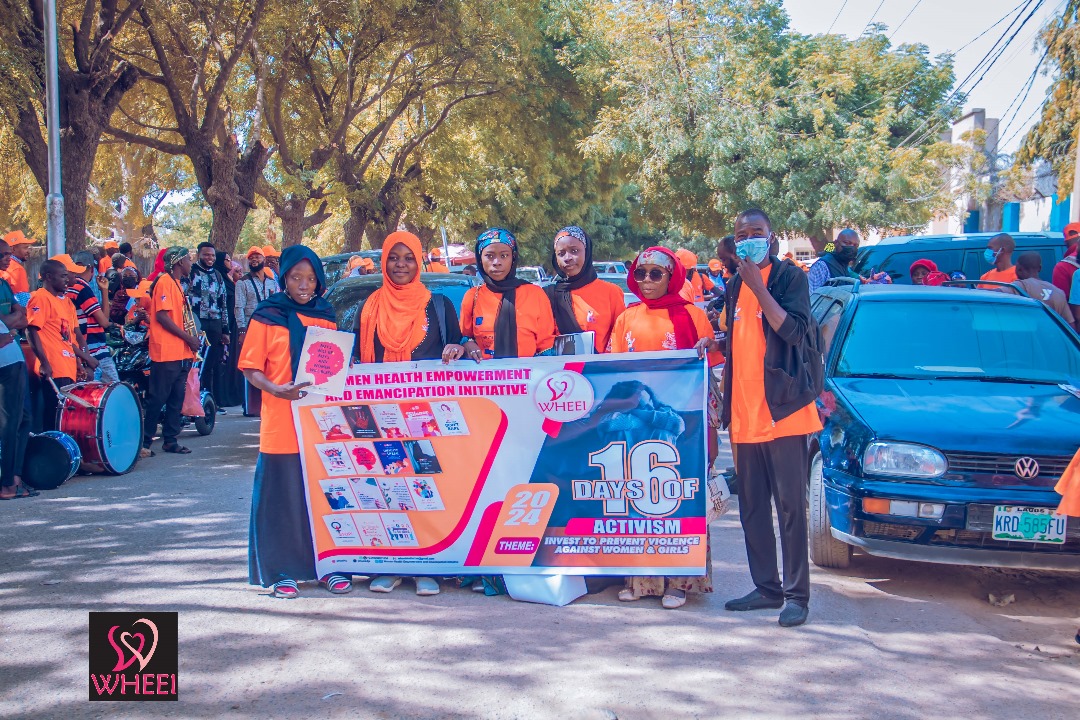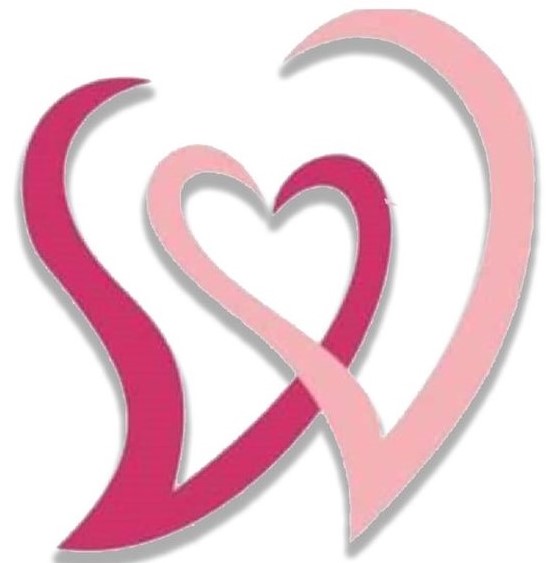
About Us
Women Health Empowerment and Emancipation Initiative (WHEEI) is committed to protecting the rights, dignity, and wellbeing of women and girls in Northern Nigeria. Our mission is to impact lives, taking people from being neglected to nurtured. We work to raise awareness and shift negative perceptions about the rights of underserved women, adolescent girls, youth, and children. Through storytelling, media engagement, and policy advocacy, we amplify their experiences and work toward real, lasting change. WHEEI provides access to underserved women with comprehensive healthcare services, including HIV/AIDS support, sexual and reproductive health rights (SRHR), Malaria/TB prevention and care, Mental health support services and care for survivors of gender-based violence (GBV). We empower communities through capacity-building, demand generation, and grassroots outreach. We believe true empowerment begins with financial stability and inclusive opportunities. That’s why our economic empowerment programs go beyond agriculture to include diverse skill-building in areas such as catering, tailoring, cosmetics, digital skills, food processing, and packaging. Through hands-on training and cooperative savings schemes, we help underserved women and youth build sustainable livelihoods and access new income streams. This empowerment fosters resilience, independence, and a stronger voice—helping to curb gender-based violence (GBV) by giving women greater agency and security. As they grow in confidence and capacity, they not only support themselves but also become active contributors to their communities, offering valuable services and support that drive collective progress. Through our partnership with relevant stakeholders, we advocate for the domestication of protective laws and inclusive policies that support equity and justice. Together, we are building a society rooted in acceptance, love, and opportunity for all.
Our Mission
Our Vision
Core Values
Our Work
Objectives and Outcomes
- We aim to increase the number of media outlets that prioritize stories and discussions about underserved women and girls, and to ensure that these stories are told in a way that is respectful and accurate.
- To promote context and language appropriate content: We work with media houses to ensure that their content is sensitive to the needs and experiences of underserved women and girls, and that it promotes a culture of dignity and respect.
- To empower lawyers to defend underserved women's rights: We provide training and support to lawyers who are committed to defending the rights of underserved women and adolescent girls, and we aim to increase the number of lawyers who are equipped to provide effective legal representation and support.
